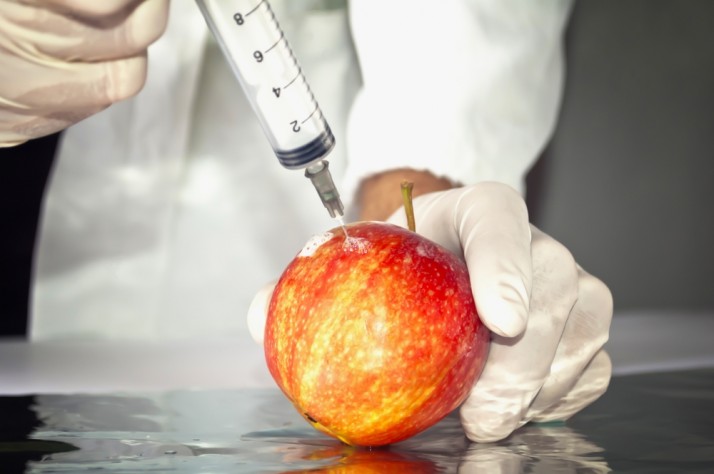When Ria Chhabra, a middle school student near Dallas, heard her parents arguing about the value of organic foods, she was inspired to create a science project to try to resolve the debate. Reported in the New York Times, Ria’s exploration of fruit flies and organic foods has raised provocative questions about the health benefits of organic eating. It also earned the 16-year-old top honors in a national science competition, publication in a respected scientific journal, and university lab privileges normally reserved for grad students.
Ria’s research, titled “Organically Grown Food Provides Health Benefits to Drosophila melanogaster” tracked the effects of organic and conventional diets on the health of fruit flies.
What were the results? By nearly every measure, including fertility, stress resistance and longevity, flies fed organic bananas and potatoes fared better than those who dined on so-called “conventionally” raised produce.
If it were possible to ask a fruit fly: Organic or conventional?, my guess is the fruit fly would go for the organic every time.
Consumers say yes, too. Sales of organic food have been rising steadily over the past decade, reaching almost $30 billion in 2011, or 4.2% of all U.S. food and beverage sales, according to the Organic Trade Association. Many of the consumers who purchase these products say paying more for organic produce, milk and meat is a trade-off they are willing to make in order to avoid exposure to chemical pesticides, fertilizers and hormones in cow’s milk. Experts say that food grown without the help of synthetic chemicals is probably safer and healthier to consume than food containing those substances, even in trace amounts. They believe Americans should try to substitute organic products for conventional ones whenever possible.
Organic farming has a huge positive impact on soil. And that means better flavor and nutrition. Side-by-side comparisons of organic and conventional strawberry farms and their fruit found the organic farms produced more flavorful and nutritious berries while leaving the soil healthier and more genetically diverse. “Our findings have global implications and advance what we know about the sustainability benefits of organic farming systems,” said John Reganold, Washington State University Regents professor of soil science and lead author of a paper published in the peer-reviewed online journal, PLoS ONE. “We also show you can have high quality, healthy produce without resorting to an arsenal of pesticides.” The study is among the most comprehensive of its kind, analyzing 31 chemical and biological soil properties, soil DNA, and the taste, nutrition and quality of three strawberry varieties on more than two dozen commercial fields — 13 conventional and 13 organic.
More info.
Cancer and heart disease are called catastrophic illnesses. They can take a toll on your health, your emotions, your time, your relationships—and your bottom line. Statistics vary wildly on one person’s financial burden for cancer, for example. But we do know that the National Institutes of Health estimated the 2008 overall annual costs of cancer were $201.5 billion.
So when your hand hovers between conventional and organic, remember the fruit fly and tally the real cost.










